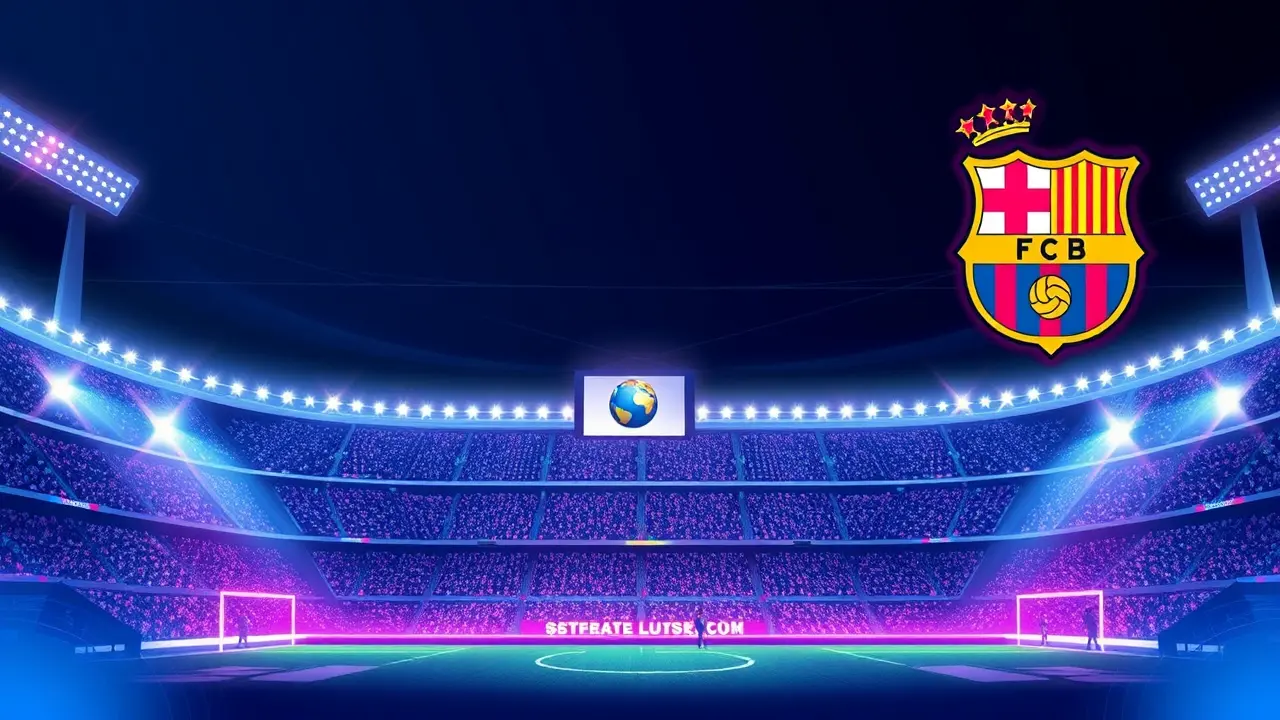Koeman: More Barcelona Fans in Miami Makes Match Unsporting
The decision by UEFA to grant an exception, allowing Barcelona and Villarreal to contest a La Liga fixture in Miami, has ignited a firestorm of controversy, with former Barcelona coach and current Netherlands national team manager Ronald Koeman delivering a blistering critique that cuts to the very heart of sporting integrity. Koeman, a man who understands the delicate ecosystem of Spanish football as both a legendary player and a recent sideline commander, didn't mince words, labeling the situation 'simply ridiculous' and wholeheartedly endorsing Frenkie de Jong's earlier assessment of the inherent unfairness.He pinpointed the core of the issue with the precision of a seasoned tactician: the traditional away-day challenge at the Estadio de la Cerámica, a venue where Villarreal has historically punched far above its weight, is being systematically dismantled. By transplanting the match to a 'neutral' field in the United States, a market saturated with Barcelona's global commercial outreach, the fundamental dynamic is irrevocably altered.Koeman argued that the inevitable consequence will be a sea of Blaugrana in the stands, effectively turning a daunting away fixture into a pseudo-home game for Barça, a scenario he rightly condemned as 'unsporting. ' This isn't merely a logistical quibble; it's a fundamental erosion of the competitive balance that defines league football.The very essence of a league competition is a balanced schedule where each team faces identical home and away conditions over the season. Introducing a variable where one team's arduous away trip is converted into a supportive, neutral-site event creates an unlevel playing field, a distortion that could have tangible implications in a title race or a battle for European qualification.One need only look at the analytics of La Liga standings over the past decade; Villarreal's home form against the Catalan giants has often been a thorn in their side, a statistical anomaly that has cost them precious points. Removing that obstacle for Barcelona, even for a single match, is a competitive advantage that cannot be understated.This move is the sharp end of a much larger spear: the accelerating Americanization of European football, driven by a relentless pursuit of commercial growth and brand expansion. The success of stateside preseason tours and the proposed 'European Super League' model, which Barcelona vehemently supported, are all part of the same tapestry, weaving a narrative where football is less a local passion and more a global entertainment product.While the financial incentives for La Liga and the clubs involved are undeniable—tapping into the lucrative North American broadcast market and merchandising opportunities—the sporting cost is becoming increasingly apparent. Koeman’s intervention is significant because it comes from a figure deeply embedded in Barcelona's DNA; this isn't an outsider's complaint but an internal alarm bell ringing from someone who cares deeply about the club's soul and the sport's principles.It raises profound questions for the future: if this precedent stands, will we see El Clásico played in Las Vegas? Or a Milan derby in New York? At what point does the league cease to be a domestic competition and morph into a globe-trotting circus? The romanticism of away days, the unique pressure of hostile environments, the very geography that gives rivalries their texture—all of it is jeopardized for short-term financial gain. The conversation must extend beyond this single fixture in Miami.Governing bodies like UEFA and domestic leagues are at a crossroads, forced to weigh immense commercial pressure against the sacred sporting covenants that have made their competitions the most watched in the world. Koeman’s passionate defense of competitive fairness is a crucial reminder that while the business of football is undeniably global, its heart and soul remain fiercely, and necessarily, local.
It’s quiet here...Start the conversation by leaving the first comment.
© 2025 Outpoll Service LTD. All rights reserved.
